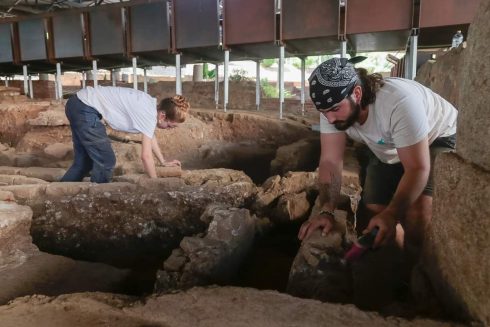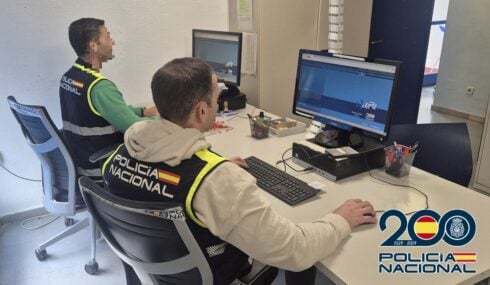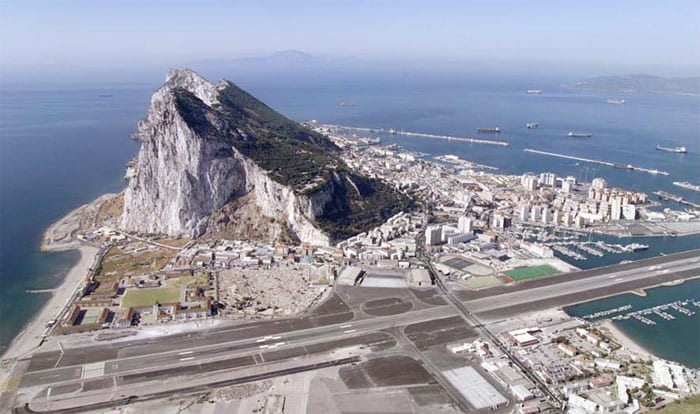ROMAN baths in a great state of preservation have been discovered in Merida (Extremadura).
A group of 20 archeologists, including six Granada University students, have found the ancient bathhouse as part of a major excavation in the city.
The public baths date back to the first century A.C. but are in a great state of conservation.
“The baths are perfectly preserved and we have found all the original decorations – marble panelling, the mouldings of the cornices, paintings on the walls and all the underground infrastructures,” Ana Maria Bejarano, the archaeologist who has led the excavation, said.

The discovery has been made as part of an excavation in the city’s famous Amphitheatre House.
This is a domestic compound dated back to Roman times in the Iberian Peninsula that is located next to Merida’s well-known Roman Theatre and Amphitheatre.
The excavations in the Amphitheatre House started six months ago and more findings are expected to take place soon.
“A pool, which is often associated with this kind of construction, has not been discovered yet, but it is possible we will find it in the future,” Bejarano continued.
She insisted: “The intention is to recover a heritage site for the benefit of the whole city.”
Merida is the capital of Extremadura’s region and it was founded by Romans in the 1st century A.C under the name of Emerita Augusta.
Read more:
- Poem by Virgil engraved in a Roman amphora found in Spain’s Cordoba
- Oldest remains of a woolly rhinoceros in the Iberian Peninsula Peninsula found in Burgos
- Spain’s Nerja Cave has been occupied for 41,000 years—10,000 years earlier than previously thought study reveals
Click here to read more La Cultura News from The Olive Press.








